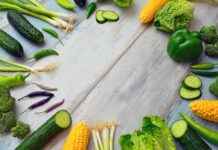Chia seeds have gained immense popularity as a superfood due to their impressive nutritional profile. This article delves into the optimal serving size of chia seeds, their myriad health benefits, and practical tips for seamlessly incorporating them into your daily diet.
Chia seeds are small, black or white seeds derived from the Salvia hispanica plant, native to Mexico and Guatemala. These tiny seeds are packed with essential nutrients, including omega-3 fatty acids, high-quality protein, and dietary fiber. Their ability to absorb water and form a gel-like consistency makes them a unique ingredient in various culinary applications.
Chia seeds are celebrated for their numerous health benefits. They are an excellent source of fiber, which aids in digestion and promotes a feeling of fullness, making them a great ally for weight management. Additionally, the omega-3 fatty acids found in chia seeds contribute to improved heart health and cognitive function. Regular consumption can also help regulate blood sugar levels, making them a suitable option for those with diabetes.
The recommended serving size for chia seeds is typically between 1 to 2 tablespoons per day. This quantity provides a wealth of nutrients without overwhelming your digestive system. It’s important to start with a smaller amount if you are new to chia seeds and gradually increase your intake to avoid any digestive discomfort.
- Smoothies: Add a tablespoon of chia seeds to your favorite smoothie for an extra nutrient boost.
- Yogurt: Mix chia seeds into yogurt or overnight oats for added texture and nutrition.
- Baked Goods: Incorporate chia seeds into muffins, bread, or pancakes to enhance their health benefits.
These versatile seeds can also be used to create chia pudding, a popular dish made by soaking chia seeds in milk or plant-based alternatives until they form a thick, creamy consistency.
While chia seeds are packed with health benefits, overconsumption can lead to digestive issues such as bloating, gas, or diarrhea. It is crucial to consume them in moderation and drink plenty of water to help them expand in your stomach and aid digestion.
Yes, chia seeds can be consumed raw. However, soaking them in liquid for at least 30 minutes before eating is recommended. This process enhances nutrient absorption and minimizes the risk of digestive discomfort.
Chia seeds are often compared to other superfoods such as flaxseeds and hemp seeds. While all these seeds offer unique health benefits, chia seeds stand out due to their high fiber content and omega-3 fatty acids, which are essential for heart and brain health.
From chia puddings to energy bars, there are countless recipes that incorporate chia seeds. Here are a few ideas:
- Chia Pudding: Mix chia seeds with almond milk, vanilla extract, and a sweetener of your choice. Let it sit overnight and enjoy it the next day.
- Energy Bars: Combine oats, nut butter, honey, and chia seeds for a nutritious snack.
- Salads: Sprinkle chia seeds on salads for added crunch and nutrition.
To maintain their freshness, store chia seeds in a cool, dry place in an airtight container. Proper storage helps preserve their nutritional properties and prevents them from going rancid.
Individuals with certain health conditions, such as digestive disorders or allergies, may need to limit their chia seed intake. It is advisable to consult a healthcare professional for personalized guidance regarding chia seed consumption.
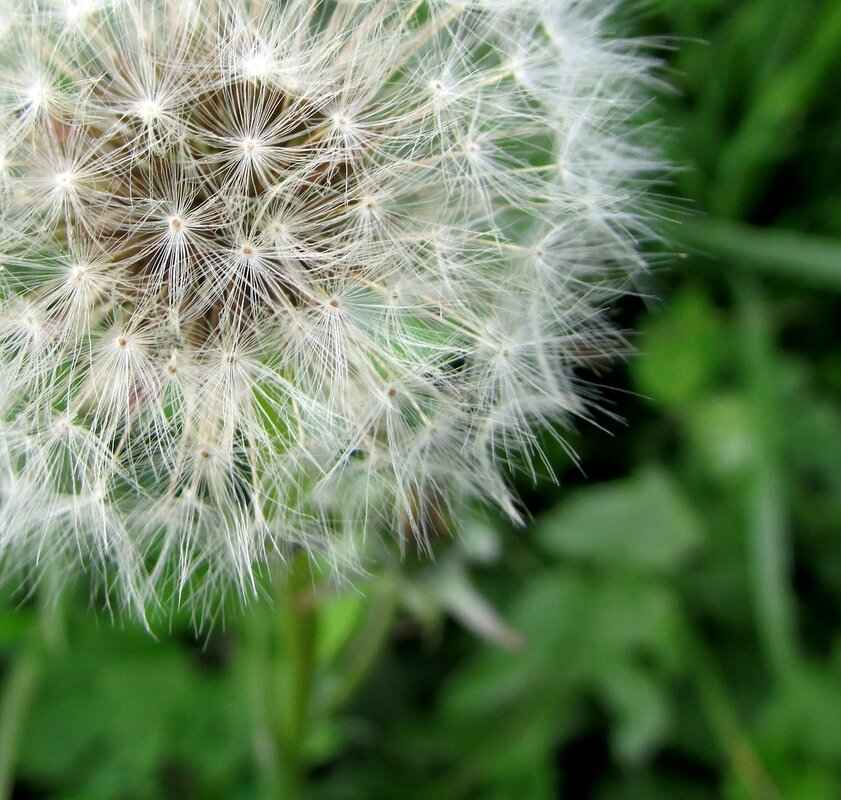
What Are Chia Seeds?
Chia seeds are small, oval-shaped seeds that come from the Salvia hispanica plant, which is native to Mexico and Guatemala. These seeds have gained immense popularity in recent years due to their impressive nutritional profile and versatility in culinary applications. Often labeled as a superfood, chia seeds are packed with essential nutrients that contribute to overall health.
One of the most notable features of chia seeds is their high content of omega-3 fatty acids. These healthy fats are crucial for heart health, reducing inflammation, and supporting brain function. Additionally, chia seeds are a great source of dietary fiber, which aids in digestion and helps maintain a healthy weight by promoting a feeling of fullness.
In terms of protein, chia seeds provide a complete protein source, containing all nine essential amino acids. This makes them an excellent option for those following a vegetarian or vegan diet. Furthermore, chia seeds are rich in various vitamins and minerals, including calcium, magnesium, and phosphorus, which are vital for bone health and metabolic functions.
- Rich in Omega-3 Fatty Acids: Supports cardiovascular health and brain function.
- High in Fiber: Aids digestion and promotes satiety.
- Complete Protein Source: Contains all essential amino acids.
- Loaded with Nutrients: Includes calcium, magnesium, and antioxidants.
Chia seeds also have the unique ability to absorb water and form a gel-like substance when soaked. This property not only enhances their texture when added to recipes but also aids in hydration, making them a favorite among athletes and health enthusiasts alike. The seeds can be easily incorporated into a variety of dishes, such as smoothies, yogurt, and baked goods, adding both nutrition and texture.
For those looking to boost their nutrient intake, chia seeds offer a simple and effective solution. The recommended serving size is typically around 1 to 2 tablespoons per day, which can provide a substantial amount of nutrients without overwhelming the digestive system. However, it’s essential to consume them in moderation, as excessive intake can lead to digestive discomfort.
In summary, chia seeds are a nutrient-dense superfood that can be easily integrated into a balanced diet. Their numerous health benefits, coupled with their versatility in the kitchen, make them a popular choice for individuals seeking to enhance their nutritional intake. By understanding the unique properties and benefits of chia seeds, you can make informed decisions on how to incorporate them into your daily routine.
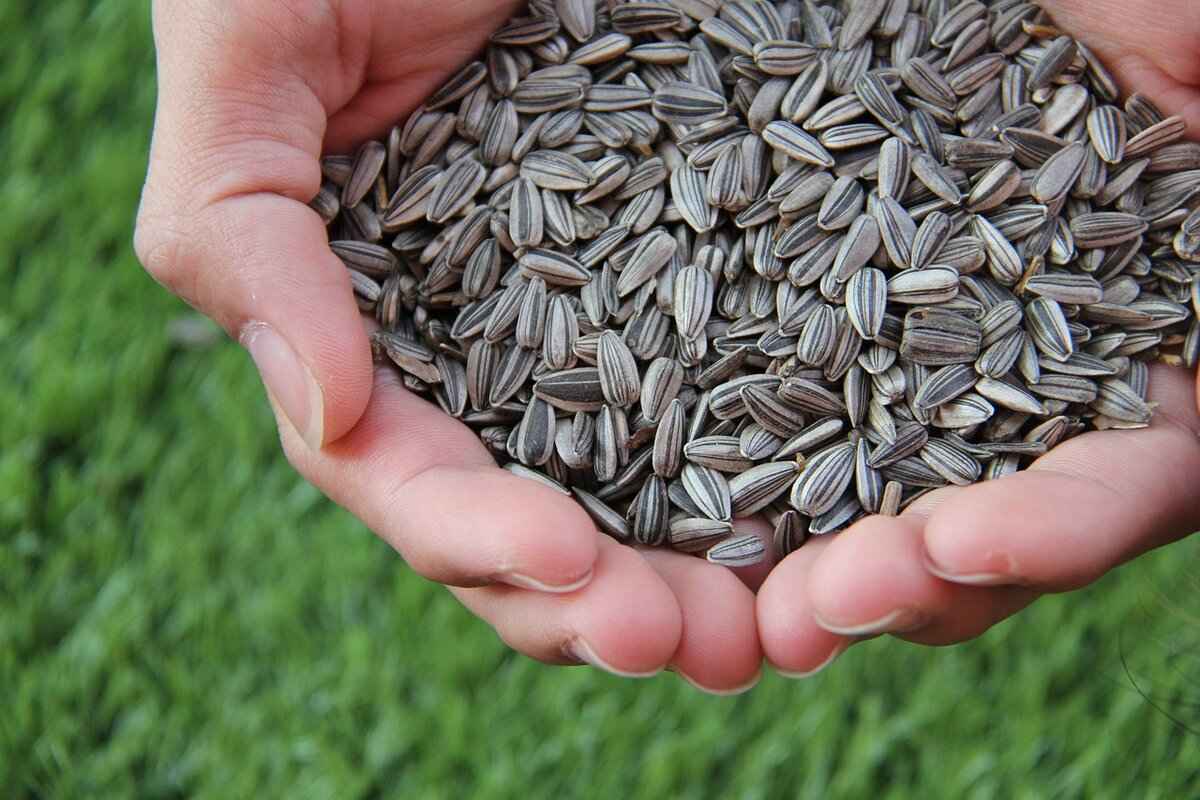
Why Are Chia Seeds Beneficial?
Chia seeds, often regarded as a superfood, have gained popularity for their impressive nutrient profile and numerous health benefits. As a tiny seed derived from the Salvia hispanica plant, chia seeds are packed with essential nutrients that can significantly improve overall health. In this section, we will explore the various benefits of chia seeds, focusing on their impact on digestion, heart health, and weight management.
One of the most notable benefits of chia seeds is their ability to promote healthy digestion. Chia seeds are incredibly rich in dietary fiber, with approximately 10 grams of fiber per ounce. This high fiber content helps to regulate bowel movements, prevent constipation, and maintain a healthy gut microbiome. When chia seeds are mixed with liquid, they form a gel-like substance, which can help to bulk up stool and facilitate its passage through the digestive tract. This property not only aids in digestion but also contributes to a feeling of satisfaction, which can help curb overeating.
Chia seeds are also beneficial for heart health. They are an excellent source of omega-3 fatty acids, particularly alpha-linolenic acid (ALA), which is known to reduce inflammation and lower cholesterol levels. Including chia seeds in your diet can help decrease the risk of cardiovascular diseases by improving blood lipid profiles and promoting healthy blood pressure levels. Additionally, the antioxidants present in chia seeds can combat oxidative stress, further supporting heart health.
For those looking to manage their weight, chia seeds can be a valuable addition to a balanced diet. Their high fiber content promotes a sense of fullness, which can help control appetite and reduce overall calorie intake. When consumed before meals, chia seeds can absorb water and expand in the stomach, leading to increased satiety. This natural appetite suppressant can be particularly useful for those trying to lose weight or maintain a healthy weight.
Chia seeds also support brain function due to their rich omega-3 content. Omega-3 fatty acids are essential for brain health, contributing to improved cognitive function and reducing the risk of neurodegenerative diseases. Regular consumption of chia seeds can help enhance memory, focus, and overall brain performance.
- Smoothies: Add a tablespoon of chia seeds to your morning smoothie for a nutrient boost.
- Yogurt: Mix chia seeds into yogurt or oatmeal for added texture and nutrition.
- Baked Goods: Incorporate chia seeds into muffins, breads, or energy bars for a healthy twist.
- Chia Pudding: Combine chia seeds with almond milk and let them soak overnight for a delicious pudding.
In summary, chia seeds are a powerhouse of nutrients that offer numerous health benefits, including improved digestion, enhanced heart health, and effective weight management. Their versatility makes them easy to incorporate into various meals, allowing you to enjoy their benefits daily. By making chia seeds a regular part of your diet, you can take significant strides toward achieving better health and well-being.

What Is the Recommended Serving Size for Chia Seeds?
When it comes to incorporating chia seeds into your diet, understanding the right serving size is crucial for maximizing their health benefits while minimizing any potential digestive discomfort. Chia seeds, known for their impressive nutrient profile, can be a wonderful addition to a balanced diet.
The general recommendation for chia seed consumption is about 1 to 2 tablespoons per day. This amount is considered optimal as it provides a rich source of essential nutrients without overwhelming your digestive system. Each tablespoon of chia seeds contains approximately 58 calories, 5 grams of fiber, and 2 grams of protein, making it a nutrient-dense choice.
Consuming more than 2 tablespoons in a single day may lead to digestive issues such as bloating or gas, particularly for those who are not accustomed to a high-fiber diet. Therefore, it is advisable to start with a smaller amount, such as 1 tablespoon, and gradually increase your intake as your body adjusts.
While chia seeds are packed with health benefits, moderation is essential. Overconsumption can lead to gastrointestinal discomfort, especially if they are consumed dry. Chia seeds absorb up to 10-12 times their weight in water, which can cause them to swell in your stomach. To avoid this, it is recommended to soak chia seeds in water or other liquids for at least 30 minutes before consumption. This not only enhances nutrient absorption but also makes them easier to digest.
- Smoothies: Add a tablespoon of chia seeds to your morning smoothie for an extra boost of nutrients.
- Yogurt: Mix chia seeds into yogurt or oatmeal for added texture and health benefits.
- Baking: Incorporate them into baked goods like muffins or bread for a nutritious twist.
- Chia Pudding: Combine chia seeds with milk or a milk alternative, sweeten to taste, and refrigerate overnight for a delicious pudding.
While chia seeds are generally safe for most individuals, certain populations should exercise caution. Those with digestive disorders or allergies should consult with a healthcare professional before adding chia seeds to their diet. Additionally, individuals on blood-thinning medications should be aware of the potential effects of omega-3 fatty acids found in chia seeds.
Chia seeds can be beneficial for weight management due to their high fiber content, which promotes a feeling of fullness. When consumed as part of a balanced diet, they can help reduce overall calorie intake. However, it’s important to remember that they are not a magic solution; they should be combined with other healthy eating habits for effective weight management.
In conclusion, the recommended serving size for chia seeds is about 1 to 2 tablespoons per day. This amount allows you to enjoy their numerous health benefits while minimizing the risk of digestive discomfort. As with any food, moderation is key, and it’s essential to listen to your body and adjust your intake accordingly. By incorporating chia seeds into your meals thoughtfully, you can enhance your diet and support your overall health.
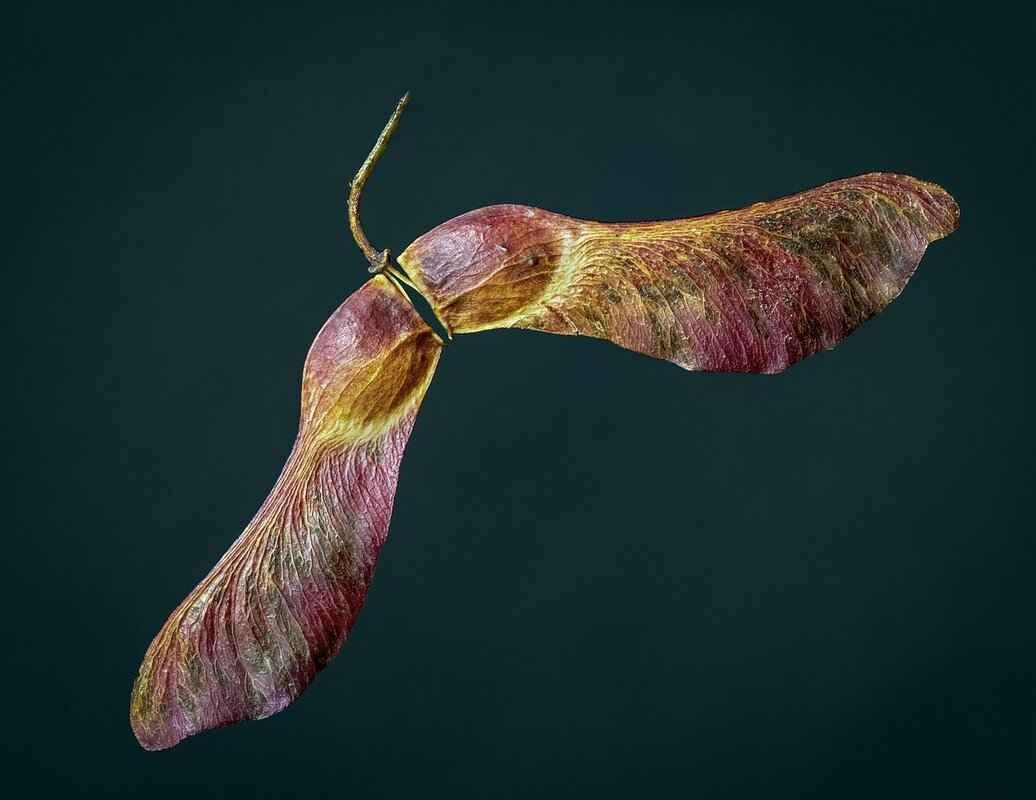
How to Incorporate Chia Seeds Into Your Diet?
Chia seeds are not only a nutritional powerhouse, but their versatility in the kitchen makes them an excellent addition to a wide variety of dishes. Whether you are looking to enhance the health benefits of your meals or simply want to try something new, incorporating chia seeds into your diet can be both easy and enjoyable.
One of the simplest ways to enjoy chia seeds is by adding them to your smoothies. Just one tablespoon of chia seeds can boost the nutritional profile of your drink without altering its flavor. Here’s how:
- Blend your favorite fruits, vegetables, and liquids.
- Add chia seeds directly to the blender.
- Blend again until fully incorporated.
This method not only enhances the fiber content but also adds a delightful texture to your smoothies.
Chia seeds can also be mixed into yogurt for a nutritious snack or breakfast. Here’s a quick recipe:
1. Take a cup of yogurt (Greek or plant-based).2. Stir in 1-2 tablespoons of chia seeds.3. Let it sit for about 10-15 minutes to allow the seeds to swell.4. Top with fruits, nuts, or honey for added flavor.
This combination not only provides a great source of protein but also promotes digestive health due to the high fiber content of chia seeds.
Chia seeds can be a fantastic ingredient in baked goods as well. They can be used as an egg substitute for vegan recipes:
- Mix 1 tablespoon of chia seeds with 2.5 tablespoons of water.
- Let it sit for about 5 minutes until it forms a gel-like consistency.
- Use this mixture in your favorite baking recipes.
Not only does this method replace eggs, but it also adds a nutritional boost to your muffins, breads, and pancakes.
Another popular way to enjoy chia seeds is by making chia pudding. This dish is not only simple to prepare but also incredibly versatile:
1. Combine 1/4 cup of chia seeds with 1 cup of milk (dairy or non-dairy).2. Add sweeteners like maple syrup or honey, and flavorings like vanilla or cocoa powder.3. Stir well and refrigerate for at least 4 hours or overnight.4. Serve topped with fruits, nuts, or granola.
This pudding is a great option for breakfast or a healthy dessert, packed with nutrients and flavor.
For a quick and easy way to incorporate chia seeds into your meals, consider sprinkling them on salads. They add a nice crunch and can enhance the overall nutritional value:
- Prepare your favorite salad.
- Sprinkle 1-2 tablespoons of chia seeds on top.
This not only improves the fiber content but also introduces a dose of omega-3 fatty acids.
In conclusion, chia seeds are a versatile and nutritious ingredient that can easily be added to various dishes. From smoothies to salads, the possibilities are endless. By incorporating chia seeds into your diet, you can enjoy their health benefits while enhancing the flavor and texture of your meals.
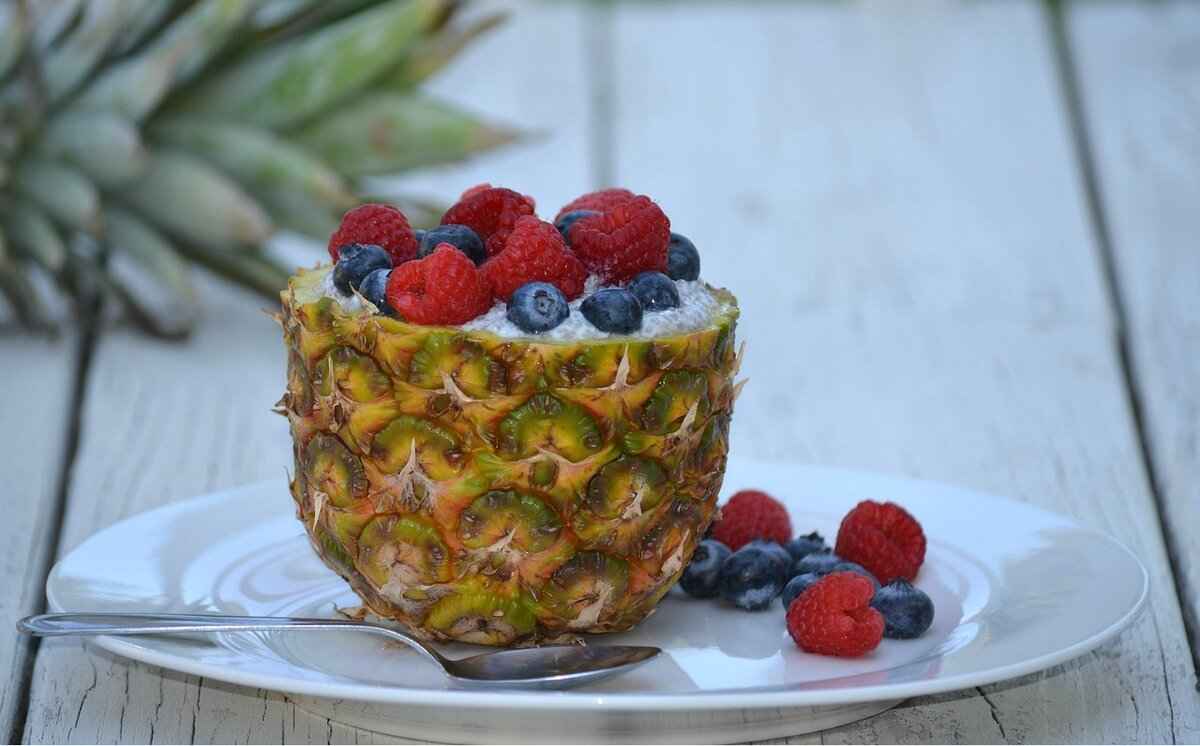
What Are the Potential Risks of Overconsumption?
Chia seeds have gained popularity as a superfood due to their impressive nutritional profile. However, like many healthy foods, they come with their own set of guidelines for consumption. Understanding the potential risks of overconsumption is crucial for maximizing their benefits while minimizing any adverse effects.
While chia seeds are packed with nutrients, consuming them in excessive amounts can lead to several digestive issues. Some of the most common problems associated with overconsumption include:
- Bloating: Due to their high fiber content, excessive intake of chia seeds can cause bloating, making you feel uncomfortably full.
- Gas: Overeating chia seeds may also lead to increased gas production in the digestive tract, resulting in discomfort.
- Diarrhea: High fiber intake can sometimes cause diarrhea, particularly if your body is not used to it.
- Choking Hazard: Chia seeds can absorb up to 12 times their weight in water. If consumed dry without adequate hydration, they can swell in the throat, posing a choking risk.
To avoid these issues, it is essential to practice moderation. The recommended serving size is about 1 to 2 tablespoons per day, which provides ample nutrients without overwhelming your digestive system.
To fully enjoy the benefits of chia seeds while minimizing risks, consider the following tips:
- Soak Before Consumption: Soaking chia seeds in water or other liquids for at least 30 minutes allows them to expand, making them easier to digest.
- Gradual Introduction: If you’re new to chia seeds, start with a smaller amount and gradually increase your intake to allow your digestive system to adjust.
- Stay Hydrated: Ensure you’re drinking plenty of water throughout the day, especially when consuming high-fiber foods like chia seeds.
Certain populations may need to limit their chia seed intake, including:
- Individuals with Digestive Disorders: Those with conditions such as irritable bowel syndrome (IBS) or inflammatory bowel disease (IBD) should consult a healthcare professional before adding chia seeds to their diet.
- Pregnant or Nursing Women: While chia seeds can be beneficial, it’s advisable for pregnant or nursing women to discuss their diet with a healthcare provider.
- Allergy Sufferers: People with allergies to sesame seeds or other similar seeds should exercise caution when consuming chia seeds.
In conclusion, while chia seeds offer numerous health benefits, it is vital to consume them in moderation to avoid potential digestive issues. By following recommended serving sizes and incorporating these seeds into your diet wisely, you can enjoy their nutritional advantages without experiencing discomfort.
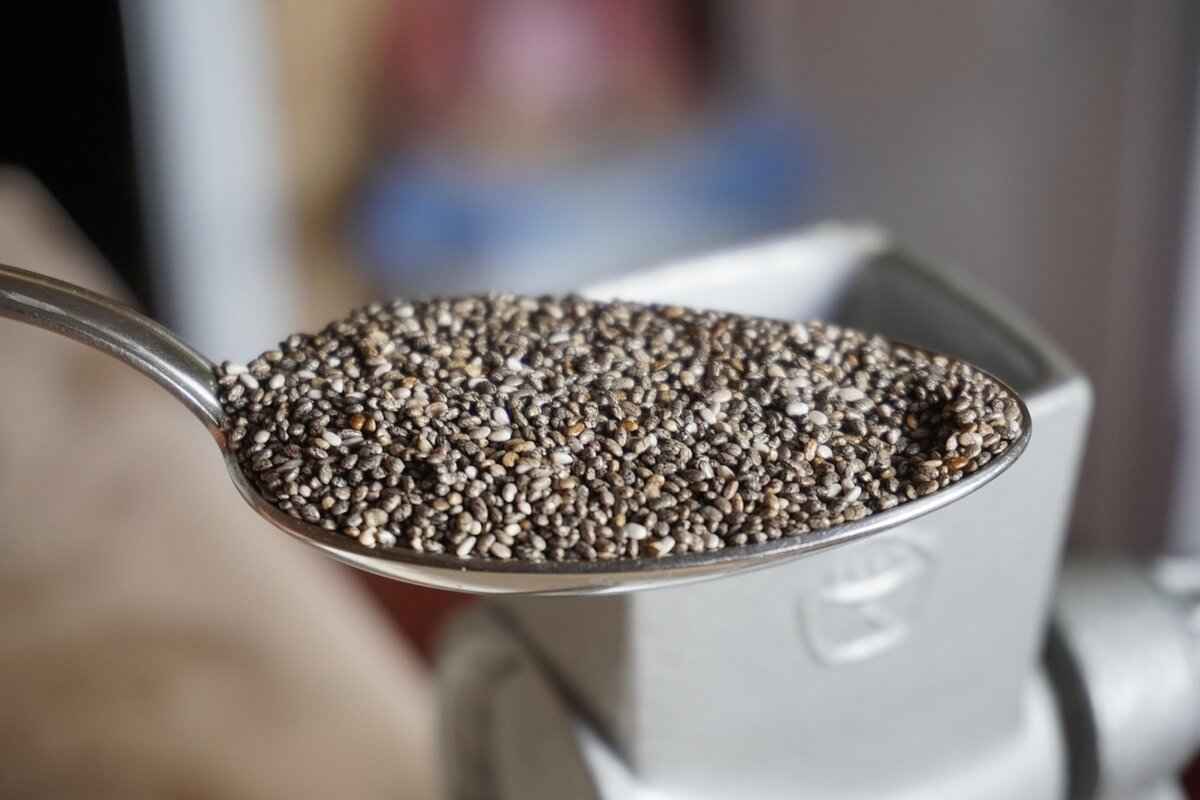
Can You Eat Chia Seeds Raw?
Chia seeds have gained immense popularity as a superfood due to their numerous health benefits. One common question that arises is, “Can you eat chia seeds raw?” The answer is yes, you can consume chia seeds in their raw form. However, there are important considerations to keep in mind for optimal health benefits.
Chia seeds, derived from the Salvia hispanica plant, are packed with essential nutrients such as omega-3 fatty acids, fiber, and protein. While they are safe to eat raw, consuming them without any preparation may lead to digestive discomfort for some individuals. This is primarily due to their high fiber content, which can cause bloating or gas if eaten in large quantities without adequate hydration.
To maximize the health benefits of chia seeds, it is highly recommended to soak them in liquid before consumption. Soaking chia seeds allows them to absorb liquid and expand, creating a gel-like consistency. This process not only enhances nutrient absorption but also makes them easier to digest. Typically, a ratio of 1:6 (one part chia seeds to six parts liquid) is suggested for soaking. After soaking for about 15 to 30 minutes, the seeds can be added to smoothies, yogurt, or even salads.
In addition to soaking, another method to enjoy chia seeds is by incorporating them into various recipes. For instance, chia puddings are a popular choice, where the seeds are mixed with milk or a dairy-free alternative and left to thicken overnight. This not only creates a delicious treat but also ensures that the seeds are prepped for better digestion.
Moreover, chia seeds can be sprinkled on top of meals or mixed into baked goods. However, it’s crucial to remember that the key to enjoying chia seeds is moderation. The recommended serving size is about 1 to 2 tablespoons per day. This amount provides a good balance of nutrients without overwhelming your digestive system.
For those who may experience digestive issues, it’s wise to start with a smaller amount and gradually increase your intake as your body adjusts. It’s also important to drink plenty of water when consuming chia seeds, especially if they are eaten raw or dry, to help prevent any potential digestive discomfort.
In summary, while you can consume chia seeds raw, soaking them before consumption is a beneficial practice. This not only enhances the absorption of nutrients but also minimizes the risk of digestive issues. By incorporating chia seeds thoughtfully into your diet, you can enjoy their myriad health benefits while ensuring that your digestive system remains comfortable and healthy.

How Do Chia Seeds Compare to Other Superfoods?
When it comes to superfoods, chia seeds have gained significant attention for their impressive nutritional profile. Often compared to other seeds like flaxseeds and hemp seeds, chia seeds offer distinct advantages that make them a popular choice among health enthusiasts.
Chia seeds, derived from the Salvia hispanica plant, are tiny but mighty. They are particularly known for their high fiber content, which aids in digestion and promotes a feeling of fullness. Additionally, they are an excellent source of omega-3 fatty acids, essential for heart and brain health. This combination of nutrients sets chia seeds apart from flaxseeds and hemp seeds, which, while also healthy, do not provide the same balance of fiber and omega-3s.
Flaxseeds are often praised for their lignans and omega-3 content, but they require grinding for optimal nutrient absorption. In contrast, chia seeds can be consumed whole, making them more convenient for many people. Both seeds are rich in fiber, but chia seeds contain more soluble fiber, which can help regulate blood sugar levels and improve digestive health.
Hemp seeds are known for their protein content and healthy fats. They provide a complete protein source, containing all nine essential amino acids. However, they lack the high fiber content found in chia seeds. While both seeds contribute to heart health, chia seeds offer additional benefits for digestive health due to their gel-forming ability when soaked in liquid.
Chia seeds stand out not only for their nutrient density but also for their versatility. They can be easily incorporated into various dishes, from smoothies to baked goods. Their ability to absorb liquid and form a gel makes them an excellent thickening agent, enhancing the texture of recipes without adding calories.
While chia seeds are generally safe for most people, consuming them in excessive amounts may lead to digestive discomfort, such as bloating or gas. It’s essential to start with a moderate serving size and increase gradually to allow your digestive system to adjust.
- Soak Them: Soaking chia seeds in water or milk for at least 30 minutes allows for better digestion and nutrient absorption.
- Add to Smoothies: Blend them into your favorite smoothies for an added nutritional boost.
- Use in Baking: Incorporate chia seeds into baked goods like muffins and bread for enhanced texture and nutrition.
- Make Chia Pudding: Combine chia seeds with milk and sweetener to create a delicious and healthy pudding.
In summary, while chia seeds, flaxseeds, and hemp seeds each have their unique benefits, chia seeds hold a special place in the realm of superfoods due to their high fiber and omega-3 content, along with their versatility in the kitchen. Whether you are looking to enhance your diet or simply explore new nutritional options, chia seeds are an excellent choice.
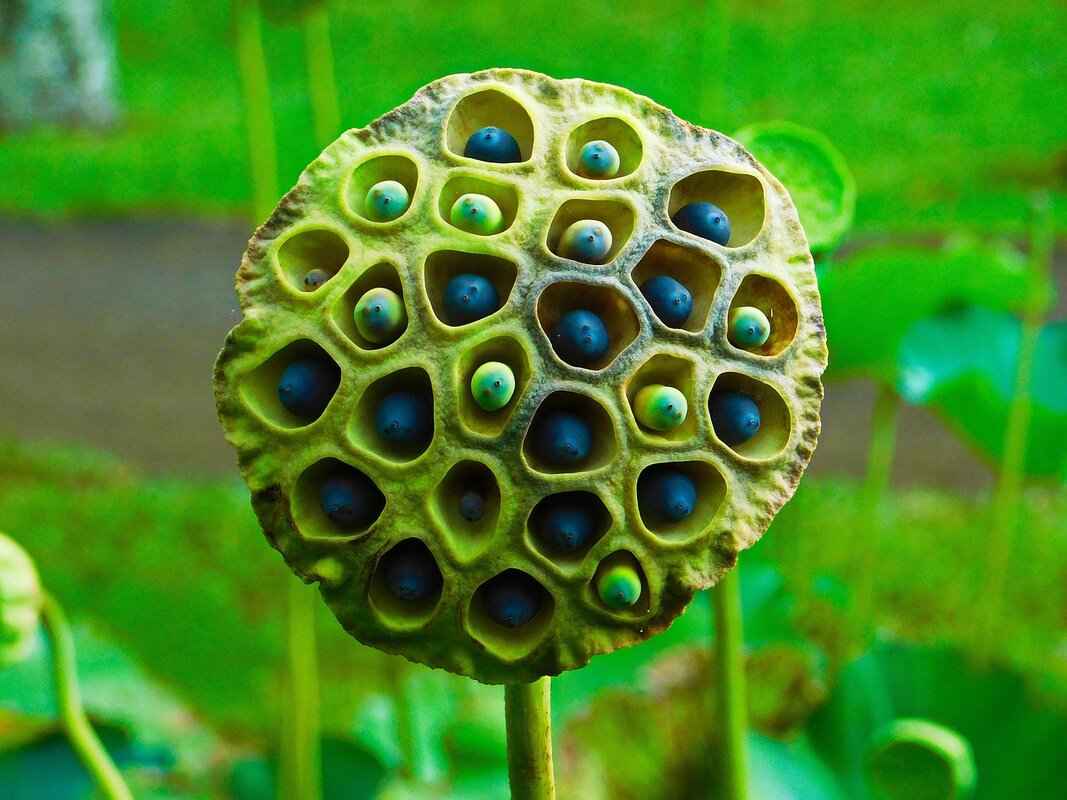
What Are Some Creative Recipes Using Chia Seeds?
Chia seeds are incredibly versatile and can be incorporated into a variety of dishes, making them a favorite among health enthusiasts. From breakfast to snacks, these tiny seeds can enhance the nutritional profile of many recipes. Below are some creative recipes that showcase the versatility and benefits of chia seeds.
One of the simplest and most popular ways to enjoy chia seeds is by making chia pudding. To prepare this nutritious breakfast, combine:
- 1/4 cup chia seeds
- 1 cup almond milk (or any milk of your choice)
- 1 tablespoon honey or maple syrup
- Your favorite fruits for topping
Mix the chia seeds with milk and sweetener, then let it sit in the refrigerator for at least 4 hours or overnight. The seeds will absorb the liquid, creating a creamy and satisfying pudding.
For those on the go, chia seed energy bars are a fantastic option. Here’s a quick recipe:
Ingredients:- 1 cup oats- 1/2 cup nut butter- 1/4 cup honey- 1/4 cup chia seeds- 1/4 cup dried fruits or nutsInstructions:1. Mix all ingredients in a bowl.2. Press the mixture into a lined baking dish.3. Refrigerate for 2 hours, then cut into bars.
These bars are not only easy to make but also packed with energy-boosting nutrients.
Adding chia seeds to your smoothies can enhance their nutritional value. Try this refreshing recipe:
- 1 banana
- 1 cup spinach
- 1 tablespoon chia seeds
- 1 cup coconut water or almond milk
Blend all ingredients until smooth. This smoothie is rich in vitamins, minerals, and healthy fats, making it an excellent choice for breakfast or a post-workout snack.
Create a healthy alternative to traditional jams by making chia seed jam. Combine:
- 2 cups fresh or frozen berries
- 2 tablespoons chia seeds
- 1-2 tablespoons honey or agave syrup
Cook the berries in a saucepan until they break down, then stir in the chia seeds and sweetener. Let it cool, and you have a delicious jam that can be spread on toast or used as a topping for yogurt.
For a quick and easy way to add crunch to your salads, sprinkle toasted chia seeds on top. They provide a nutty flavor and a boost of fiber and protein. Simply toast chia seeds in a dry pan for a few minutes until they become fragrant, then use them as a topping for any salad.
Incorporating chia seeds into your diet is not only easy but also beneficial for your health. With these creative recipes, you can enjoy the numerous advantages of chia seeds while indulging in delicious meals. Whether you prefer them in puddings, smoothies, or as a topping, chia seeds can be a delightful addition to your culinary repertoire.
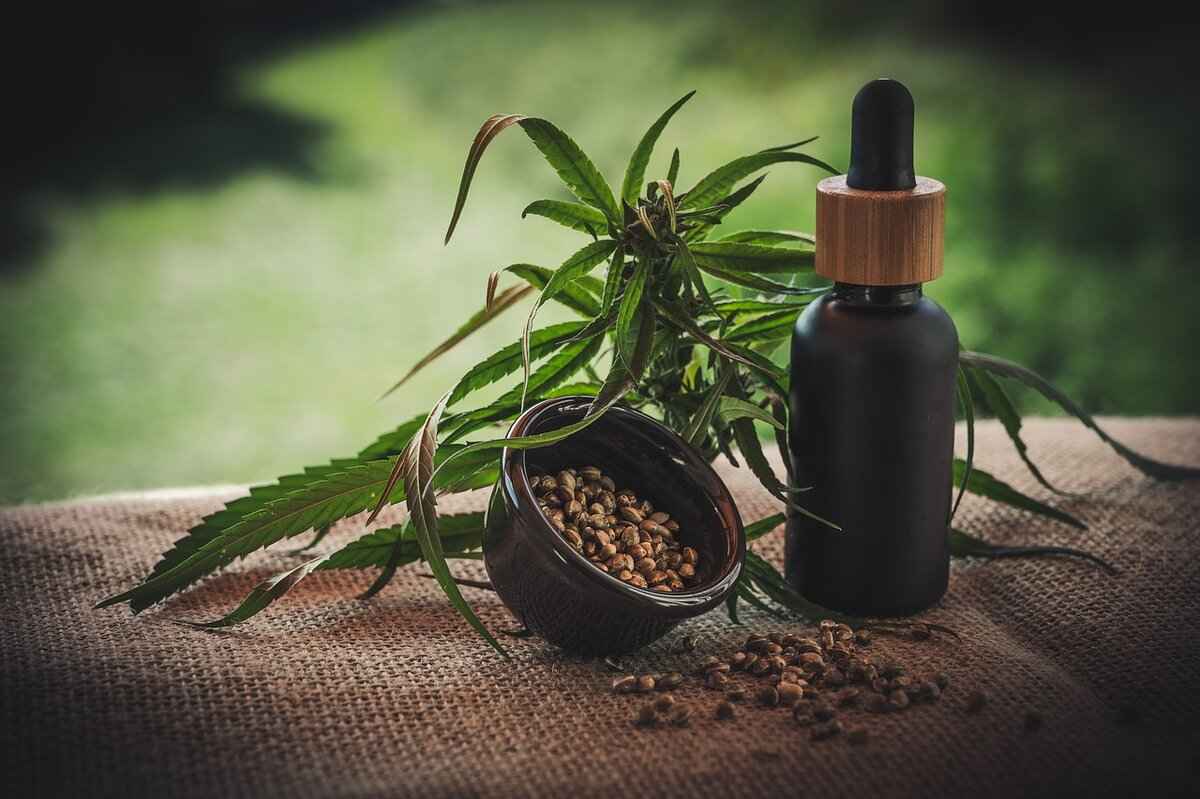
How to Store Chia Seeds for Maximum Freshness?
Chia seeds are a popular superfood known for their numerous health benefits and versatility in the kitchen. However, to fully enjoy these benefits, it is crucial to store them properly. This section will delve into the best practices for storing chia seeds to ensure they remain fresh and nutritious.
Chia seeds are packed with essential nutrients, including omega-3 fatty acids, fiber, and protein. However, exposure to light, heat, and moisture can degrade these nutrients over time. Proper storage not only preserves their nutritional value but also extends their shelf life, allowing you to enjoy the health benefits for longer periods.
- Cool Temperature: Chia seeds should be stored in a cool environment. A pantry or cupboard away from direct sunlight is ideal.
- Dry Environment: Moisture can lead to mold growth, so it’s important to keep chia seeds in a dry place.
- Airtight Container: Using an airtight container prevents air and moisture from entering, which helps maintain freshness.
- Choose the Right Container: Opt for glass jars or high-quality plastic containers that can be sealed tightly.
- Keep Away from Heat Sources: Store the container in a location that is not near ovens, stoves, or other heat-generating appliances.
- Label and Date: To keep track of freshness, label the container with the purchase date. This will help you use the seeds within their optimal timeframe.
While it is not necessary to refrigerate chia seeds, doing so can extend their freshness. If you choose to refrigerate them, ensure they are in an airtight container to prevent moisture absorption. Freezing chia seeds is also an option, though it may alter their texture slightly. For best results, store them in small portions to avoid repeated thawing and refreezing.
Even with proper storage, it’s important to check chia seeds for signs of spoilage. Look for:
- Off Smell: Fresh chia seeds have a neutral aroma. A rancid or off smell indicates they may have gone bad.
- Change in Color: Discoloration or dark spots can be a sign of spoilage.
- Clumping or Moisture: If the seeds appear clumped together or show any signs of moisture, they should be discarded.
When stored properly in an airtight container in a cool, dry place, chia seeds can last for up to two years. However, it’s always advisable to check for signs of spoilage before consumption.
By following these storage guidelines, you can ensure that your chia seeds remain fresh and retain their nutritional properties. Incorporating chia seeds into your diet can be both delicious and beneficial for your health, so take the time to store them correctly!

Are There Any Specific Populations That Should Limit Chia Seed Intake?
Chia seeds are celebrated for their impressive nutritional profile, but not everyone can enjoy them without caution. Certain populations may need to limit their chia seed intake due to health conditions or specific dietary needs. This article delves into the reasons why some individuals should exercise caution when consuming chia seeds.
- Individuals with Digestive Disorders: For those who suffer from conditions like irritable bowel syndrome (IBS), Crohn’s disease, or ulcerative colitis, high-fiber foods can exacerbate symptoms. Chia seeds, being rich in fiber, may lead to bloating, gas, and discomfort if consumed in large quantities. It’s advisable for these individuals to consult with a healthcare provider to determine a safe serving size.
- People with Allergies: Although rare, some individuals may have an allergy to chia seeds. Symptoms can range from mild digestive issues to severe allergic reactions. If you have known allergies to other seeds or nuts, it is prudent to consult with a healthcare professional before introducing chia seeds into your diet.
- Pregnant and Nursing Women: While chia seeds can offer health benefits, pregnant and nursing women should be cautious about their intake. The high fiber content may lead to digestive discomfort, and there is limited research on the effects of chia seeds on fetal development. Consulting a healthcare provider can help ensure a balanced diet during this crucial time.
- Individuals on Blood-Thinning Medications: Chia seeds are known for their omega-3 fatty acids, which can have a blood-thinning effect. For those on anticoagulant medications, consuming chia seeds in moderation is essential to avoid potential interactions. Always consult with a healthcare professional for personalized advice.
- People with Low Blood Pressure: Chia seeds can help lower blood pressure due to their high fiber and omega-3 content. However, individuals with naturally low blood pressure should monitor their intake to prevent further drops in blood pressure levels.
In addition to these specific populations, it is important for anyone considering adding chia seeds to their diet to start with small amounts. This approach allows the body to adjust to the increased fiber intake gradually. A common recommendation is to begin with half a tablespoon and gradually increase to the suggested serving size of 1 to 2 tablespoons per day, depending on individual tolerance.
For those who are unsure about their suitability for chia seeds, consulting a healthcare professional is always advisable. They can provide tailored advice based on personal health history and dietary needs. This individualized approach ensures that you can enjoy the benefits of chia seeds while minimizing any potential risks.
In summary, while chia seeds are a nutritious addition to many diets, certain populations should proceed with caution. Understanding your body’s unique needs and limitations is key to enjoying the health benefits of this superfood safely.
Frequently Asked Questions
- How many chia seeds should I eat daily?
The recommended daily serving of chia seeds is about 1 to 2 tablespoons. This amount is just right to reap the health benefits without overwhelming your digestive system.
- Can I eat chia seeds without soaking them?
Yes, you can eat chia seeds raw. However, soaking them in liquid before consumption is highly recommended. Soaking enhances nutrient absorption and helps prevent any digestive discomfort.
- What are the health benefits of chia seeds?
Chia seeds are packed with omega-3 fatty acids, fiber, and protein, which contribute to improved digestion, heart health, and weight management. They can help you feel full longer, making them a great addition to your diet.
- Are there any risks associated with eating too many chia seeds?
While chia seeds are nutritious, consuming them in excess can lead to digestive issues, such as bloating and gas. Moderation is key to enjoying all their benefits!
- How should I store chia seeds to keep them fresh?
To maintain the freshness of chia seeds, store them in a cool, dry place in an airtight container. Proper storage is essential for preserving their nutritional properties.


